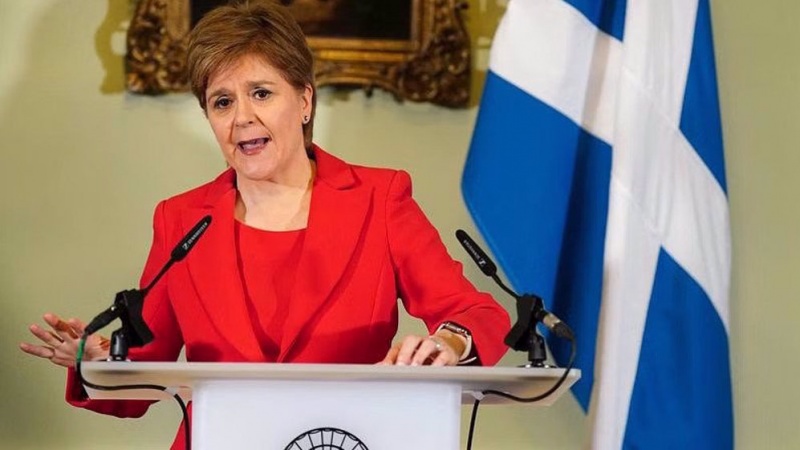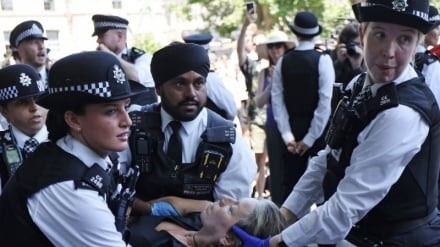Scotland's First Minister quits, admits she is too divisive for independence
Nicola Sturgeon resigned as Scottish First Minister on Wednesday after eight years in the post, admitting she had become a polarising figure for voters and was too divisive to fight for an independent Scotland.
In office since 2014, Sturgeon said she had become too divisive to reach across the political divide, and expressed her desire to steer clear of the "brutality" of modern politics to focus on "Nicola Sturgeon the person".
Sturgeon became leader of the Scottish National Party in the wake of a 2014 independence referendum when 55 percent of voters chose to remain part of the United Kingdom.
In an announcement on Wednesday, she said she would step down as First Minister and leader of the SNP once her successor is found.
"In my head and in my heart I know that time is now, that it is right for me, for my party and for the country. And so today I am announcing my intention to step down as first minister and leader of my party," she said.
Sturgeon said she is of the opinion that there is now a majority of support for Scottish independence but that support "needs to be solidified".
"We must reach across the divide in Scottish politics. And my judgment now is that a new leader will be better able to do this. Someone about whom the mind of almost everyone in the country is not already made up for better or worse."
The SNP is scheduled to hold its first leadership election after Sturgeon's exit. She said that she had already asked the party to begin the process of electing a new leader and that she would “remain in office until my successor is elected”.
Her departure is said to have ramifications for the SNP, the fight for independence and the opposition British Labor Party's bid to win enough seats in the UK to defeat the Conservatives in an election expected next year.
ME



